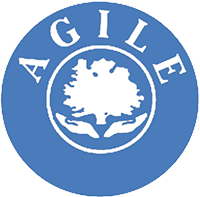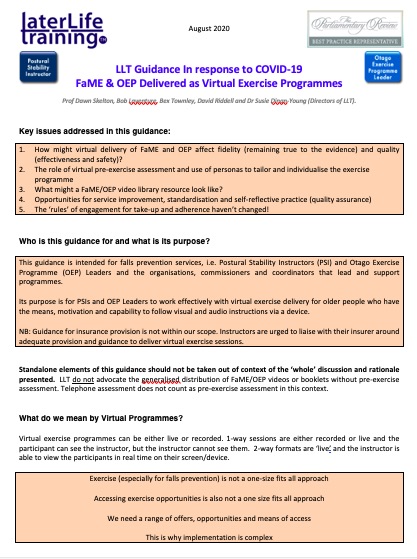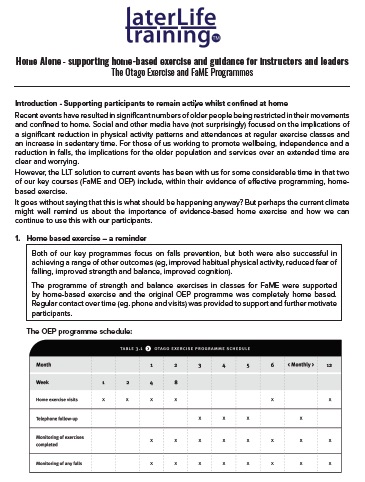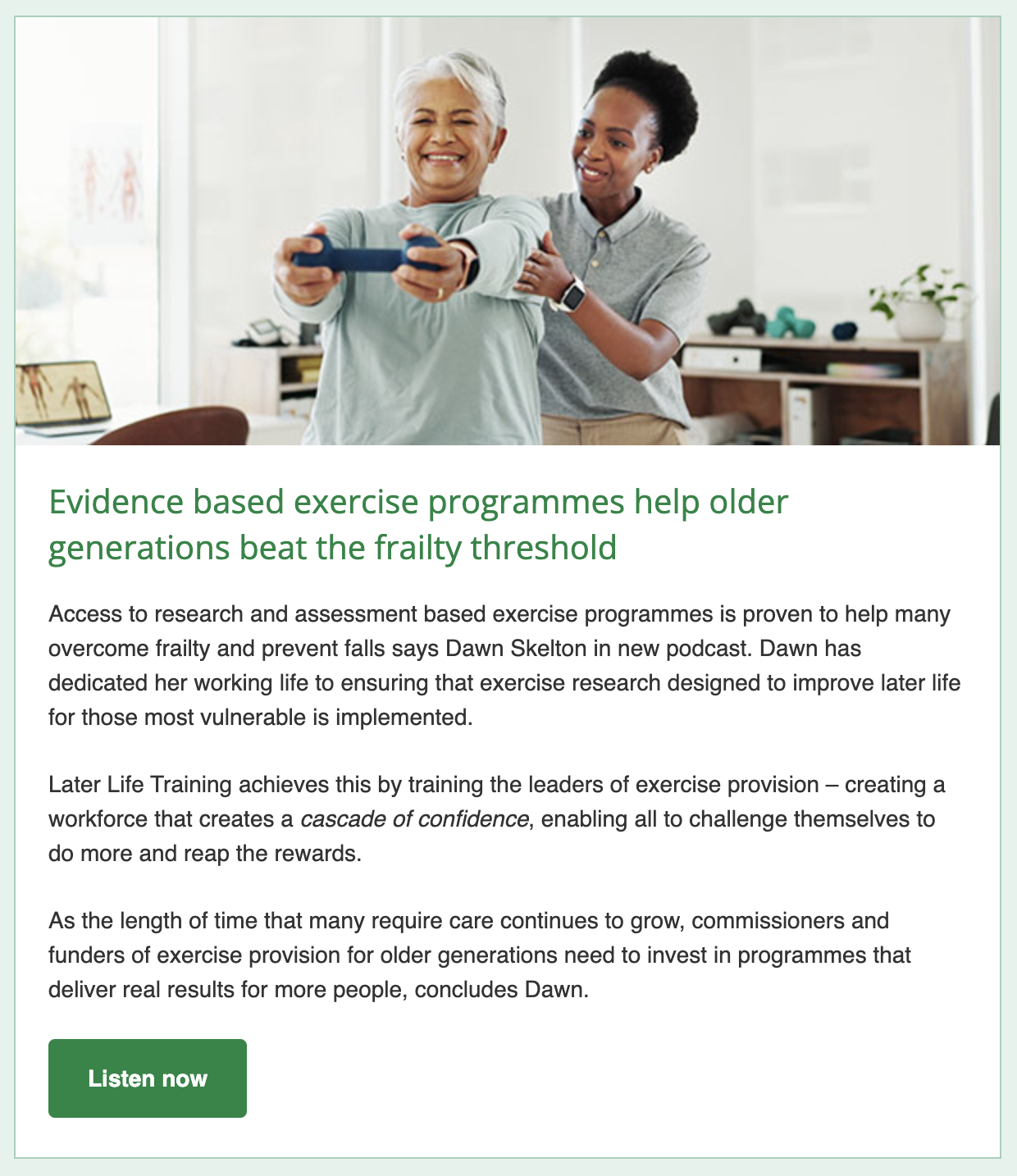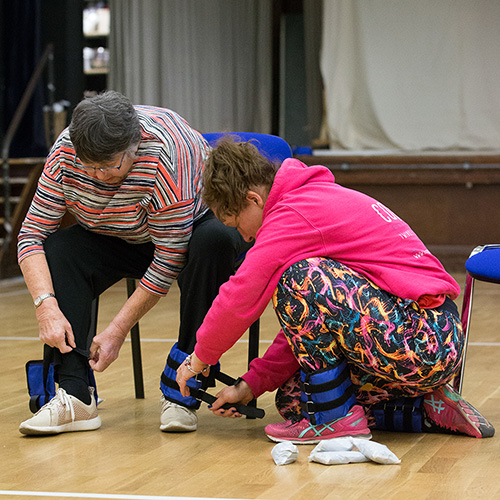Who is this guidance for and what is its purpose?
This guidance is intended for falls prevention services, i.e. Postural Stability Instructors (PSI) and Otago Exercise Programme (OEP) Leaders and the organisations, commissioners and coordinators that lead and support programmes.
Its purpose is for PSIs and OEP Leaders to work effectively with virtual exercise delivery for older people who have the means, motivation and capability to follow visual and audio instructions via a device.
NB: Guidance for insurance provision is not within our scope. Instructors are urged to liaise with their insurer around adequate provision and guidance to deliver virtual exercise sessions.
What do we mean by Virtual Programmes?
Virtual exercise programmes can be either live or recorded. 1-way sessions are either recorded or live and the participant can see the instructor, but the instructor cannot see them. 2-way formats are ‘live’ and the instructor is able to view the participants in real time on their screen/device.
Key issues addressed in this guidance:
- How might virtual delivery of FaME and OEP affect fidelity (remaining true to the evidence) and quality (effectiveness and safety)?
- The role of virtual pre-exercise assessment and use of personas to tailor and individualise the exercise programme
- What might a FaME/OEP video library resource look like?
- Opportunities for service improvement, standardisation and self-reflective practice (quality assurance)
- The ‘rules’ of engagement for take-up and adherence haven’t changed!
Standalone elements of this guidance should not be taken out of context of the ‘whole’ discussion and rationale presented. LLT do not advocate the generalised distribution of FaME/OEP videos or booklets without pre-exercise assessment. Telephone assessment does not count as pre-exercise assessment in this context.
The LLT Guidance on FaME & OEP Delivered as Virtual Exercise Programmes can be downloaded here.
In addition to the guidance document above, at the start of Covid-19, we issued guidance for PSIs and OEP Leaders on how to support people already in programmes during lockdown or who were shielding.
This ‘Home Alone’ Guidance covers the importance of support to foster engagement, key prompts in conversations, priorities for messaging and regularity of contact. For PSIs and OEP Leaders, commissioners or service leads who are members of LLTs Education Connect Membership, there is also a recorded video discussion on the use of the Home Alone Guidance, with Bob Laventure and Bex Townley expanding on key points with examples and insights.
The LLT Home Alone Guidance can be downloaded here.
We welcome your thoughts on this guidance.


